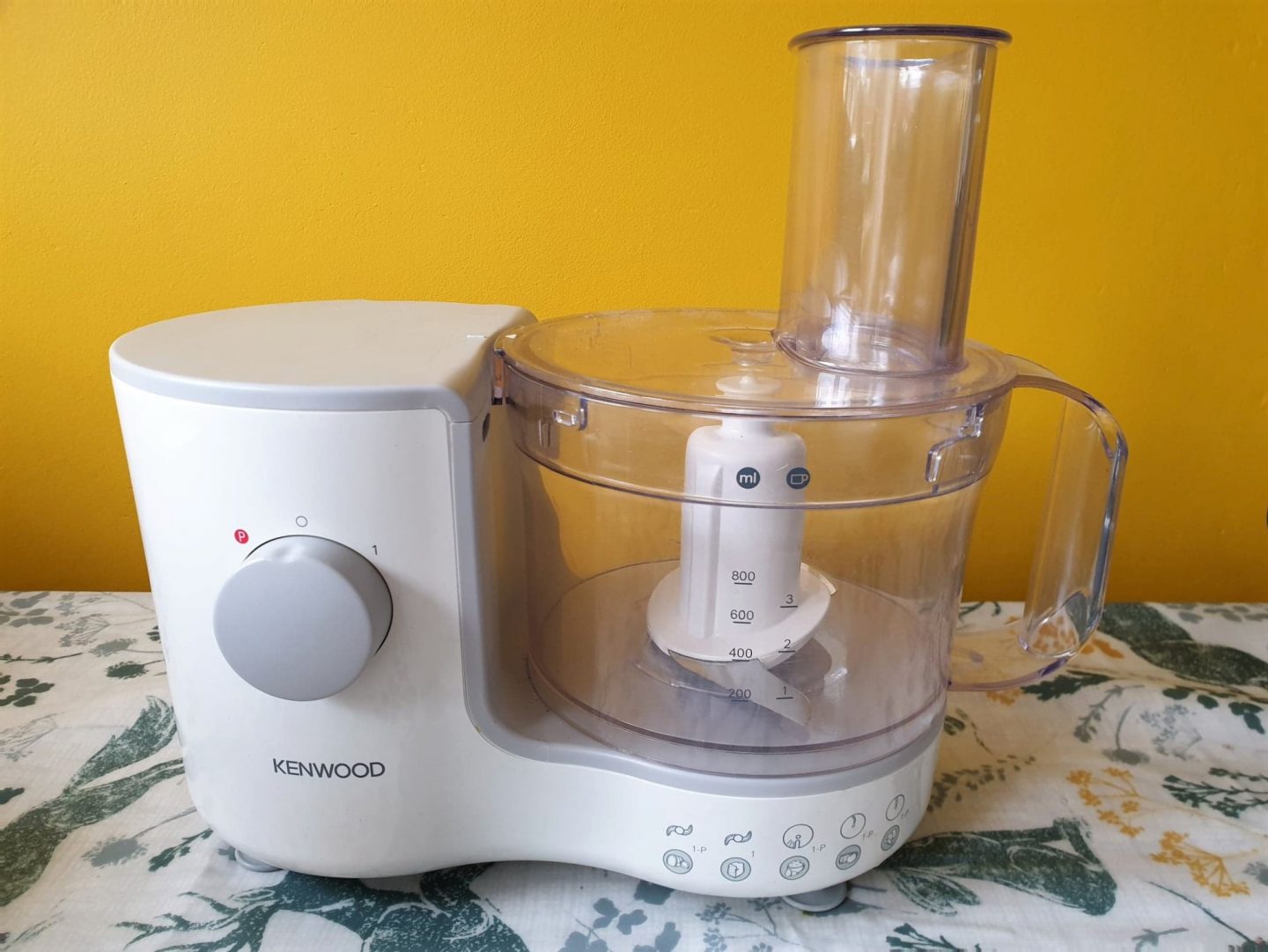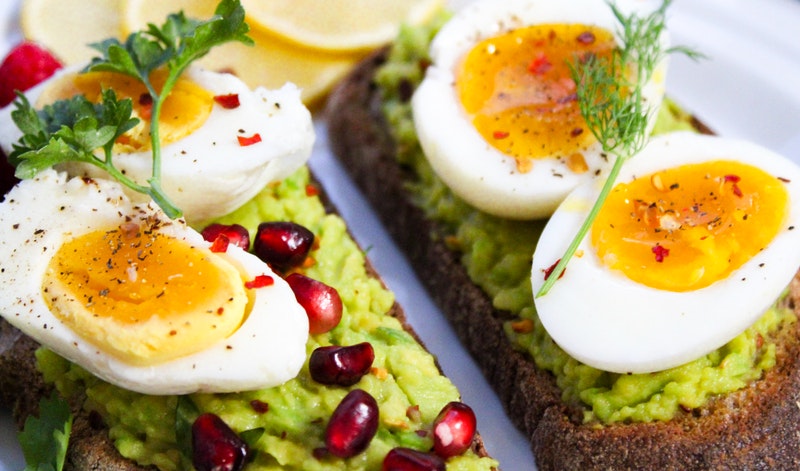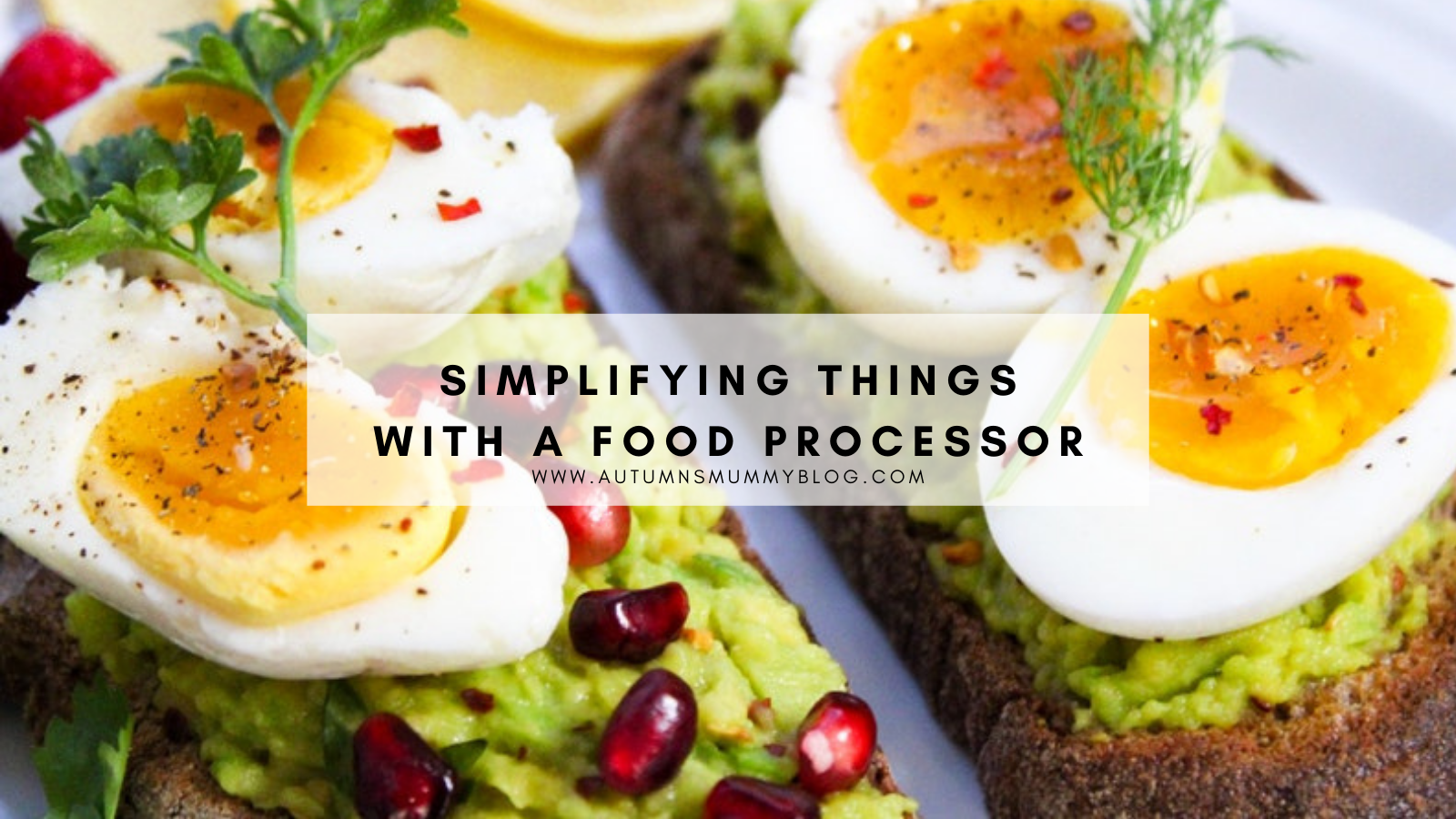Collaborative Post¦ We’ve all been there. When you walk into a department store, looking for something to make your life easier, only to be faced with walls lined with gadgets. If you are just a beginner in search of information, where do you start? If you need to find your way around some of the more complicated kitchen appliances, keep reading and let me help you clear up some of the misconceptions around food processors.
Multifunctional is the key word
At a basic level, a food processor’s job is to chop and mix ingredients. The precision work can be done thanks to the rotating blades, that are responsible for most of the work this appliance does. You will find models that give you the option to switch out certain blades for others in order to further expand on the functionality of the appliance. The more advanced the model, the more advanced the functions it can fulfil. The best food processors models will even go as far as offering you a ricing or mashing attachment.
Do not mistake it for a blender
Although you can use a food processor for limited blending jobs, it is actually designed to give a different end result. A food processor has been created in such a way that during processing, the moisture content of the food is distributed to the outside edge of the machine. A blender, on the other hand, is designed to integrate everything you put into it into an equally distributed mass.
Its versatility is what makes a food processor almost indispensable in most kitchens. It can be used for a multitude of jobs, from chopping fruit and vegetables, to blending dough for making bread, or making soups and sauces. It often only takes one little tweak to turn the small machine into a multifunctional unit that packs a punch!

Endless usefulness
Although versatility is the name of the game when it comes to food processors, it is important to remember that this handy little tool is not only useful, but also very fast. It can reduce the time you spend on simple tasks, such as chopping vegetables, to mere seconds. It can also be considered a safer way of completing kitchen chores, as it prevents you from having to directly interact with knives and blades. The sooner you get going with a food processor of your own, the sooner you will start to realise the value of the wealth of usefulness that you have purchased.
Are there any cons?
There are very few actual drawbacks to using a food processor. At worst, you might become slightly frustrated when things don’t go the way you intended, but that can often be ascribed to operator error, and will get better with repeated usage.
Which one should I buy?
When you buy a food processor you are starting a journey. Consider it a long-term investment, which will be able to grow and adapt with your skills as they improve over time. Make sure that the model you choose includes attachments for all the jobs you need it to do, but stay within your means when it comes to budgeting.

Disclosure: This is a collaborative post.
